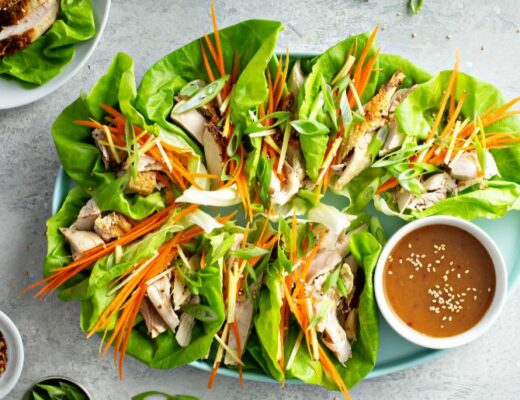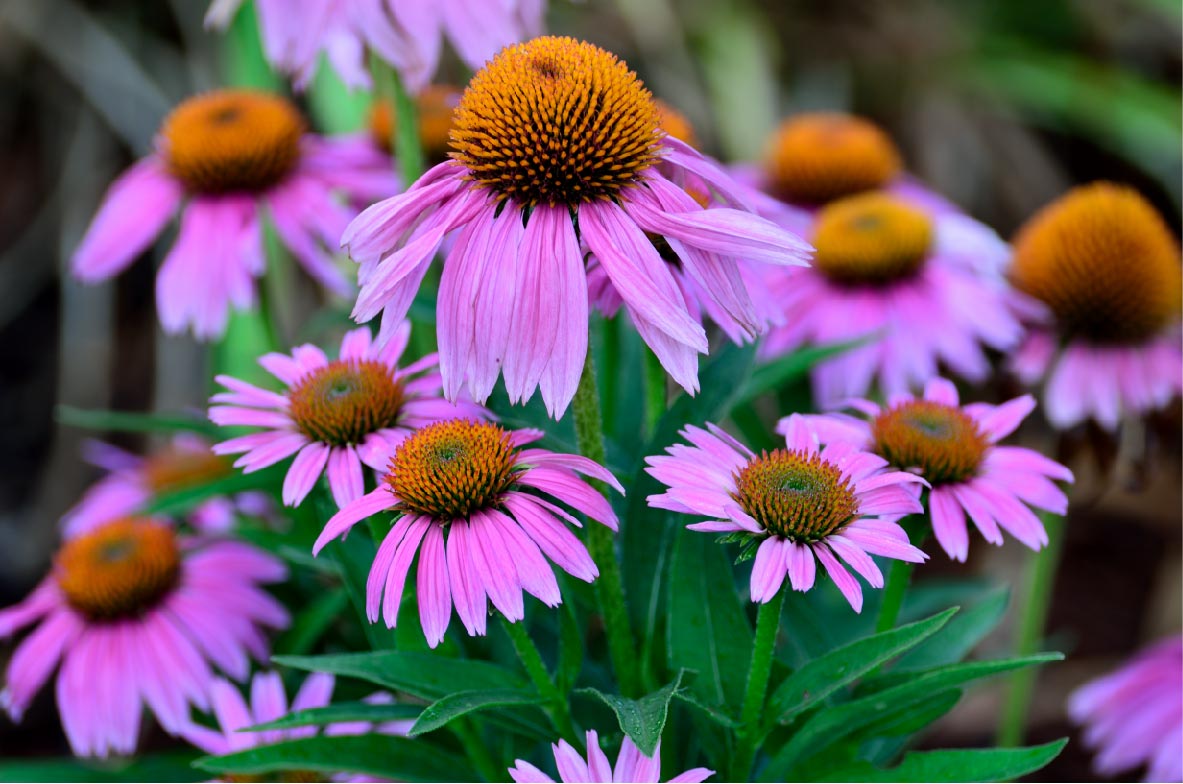Seed, grains and legumes have many nutritional properties, but many of them are locked up tight by anti-nutrients (such as phytic acid). Once you start the germinating/sprouting process, the dormant seed becomes a live plant. Anti-nutrients are eliminated, the properties change, inside and out, and when you eat it, you are no longer eating just a seed, instead you are eating a tiny little plant packed with a whole bunch of nutrients (Source).
Sprouting Neutralizes Phytic Acid and Enzyme Inhibitors.
Phytic acid binds with calcium, magnesium, iron, copper and zinc, making it hard for you to absorb those nutrients. It’s also irritating to your digestive system. By sprouting, you are neutralizing phytic acid and neutralizing enzyme inhibitors. Enzyme inhibitors not only inhibit enzymes in the actual seed, but can also inhibit your own valuable enzymes once they have been eaten…so why not neutralize those bad boys?
Sprouting makes it much easier to digest and you will also be able to assimilate more nutrients.
Sprouts are Alkalizing
There are foods that are acid forming, and foods that are alkalizing. We need a balance of both to maintain good health. Unfortunately, we usually have too many acid forming foods in our diet (PLUS, stress and environmental stressors can also make our body more acidic). Grains, legumes and meats are generally acid forming (that doesn’t mean that they are bad, it just means that we need to balance them out with alkaline food), fruits and vegetables are alkalizing. By sprouting your seeds, grains and legumes, you are helping them become a more alkaline forming food.
How To Sprout:
Sally Fallon has a helpful section in her book, Nourishing Traditions, that gives easy tips for how long it takes to grow different kinds of seeds. But let me tell you just how easy sprouting is!
What to do:
- Fill a mason jar about one third full with the seed, grain or legume of your choice, and then cover with water overnight
- On the top, place a sprouting screen screwed into the lid (a cloth tied around works just as well!)
- In the morning drain and rinse the mason jar full of seeds (pouring the overnight water out right through the screen)
- Invert your jar at an angle in a bowl, allowing the water to drain and for air to circulate within your jar
- Rinse the seeds 2-3 times per day, then drain the water again (the seeds should only soak in the water the first time..the rest of the time you are just rinsing and draining)
- Your seeds will turn into sprouts in 3-5 days
All edible grains, seeds and legumes can be sprouted. Generally the following are used for sprouting:
Grains : Wheat, maize, ragi, bajra and barley
Seeds : Alfalfa seeds, radish seeds, fenugreek seeds, carrot seeds, coriander seeds, pumpkin seeds and muskmelon seeds
Legumes : Mung, Bengal gram, groundnut and Peas
Be Safe!
It’s important when sprouting, even more so if you are consuming them raw, that you use common sense in using clean jars, being careful that the jars and sprouts aren’t contaminated. Never eat any sprouts that smell bad, or are slimy or moldy.
Learn more at Sprout People!





